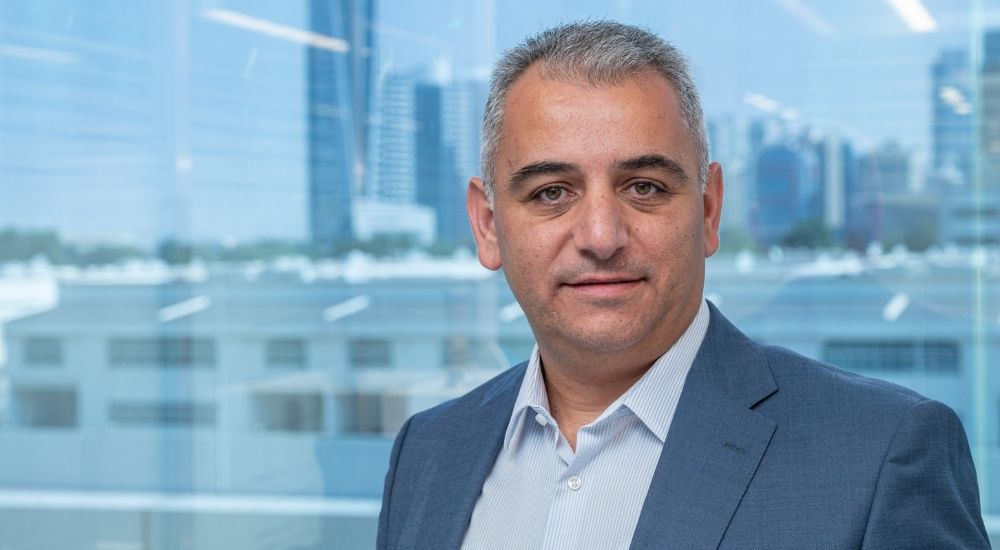Is the CFO more relevant than the CEO?

One of the biggest changes we have witnessed in recent years has been the growing prominence of the CFO, who in many cases has a more pronounced say in decision making than the CEO. This of course relates to the greater need for businesses to streamline operational costs.
CIOs, CTOs and CISOs are increasingly finding themselves reporting into CFOs which then requires them to reconsider how they position IT initiatives.
ROI takes precedence in these discussions and IT leaders must be able to correlate IT investments to tangible economic benefit. Similarly, given the growing aversion to encountering large upfront capital costs, technology heads will also increasingly have to evaluate and propose cloud-based solutions and managed services as a way to shift to the more attractive OpEx models.
It is not a question of whether or not businesses must embrace remote working as the pandemic only accelerated this trend which was already underway. Through the last year, organisations realised that they can maintain continuity with people working from anywhere while realising the added benefits of reducing office space and operational overheads.
A key challenge, especially in our region, is that business is highly relationship oriented and the disruption to how we engage and interact has had its impact. Even internally, formulating relationships and building trust between teams has been more challenging without the ability for teams to meet in person. Hiring has become more complicated as correctly evaluating a candidate is more challenging without ability to interpret the subtle nuances of a face-to-face engagement.
Business leaders need to take this soft element into account when rolling out remote work policies. Ultimately, it is outcomes that are important and so long as an employee is able to meet their defined objectives, where they work from is irrelevant.
The most valued skill for executives is the ability to think outside of the box as organisations must now look to new markets, new verticals, and new opportunities in order to counteract the impact of current economic climate. Given present volatility, in doing so, is equally important that they adopt a risk averse mindset and always look to longer term horizons with their decision making.
Stress is an inevitability, but the levels of stress can be reduced by rational decision making. The adage cash is king is especially relevant today and having a strong positive cashflow goes a long way in preventing sleepless nights.
Business leaders are under pressure to protect the bottom-line and must therefore ensure that their grasp does not exceed their reach. With the present levels of uncertainty, it is essential to mitigate risk and maintain healthy cash reserves.

Key Takeaways
- A key challenge, especially in our region, is that business is highly relationship oriented.
- The most valued skill for executives is the ability to think outside of the box.
- CIOs, CTOs and CISOs are increasingly finding themselves reporting into CFOs.
- With the present levels of uncertainty, it is essential to mitigate risk and maintain healthy cash reserves.
ROI takes precedence in discussions and IT leaders must be able to correlate IT investments to economic benefits, given aversion to large capital costs.




